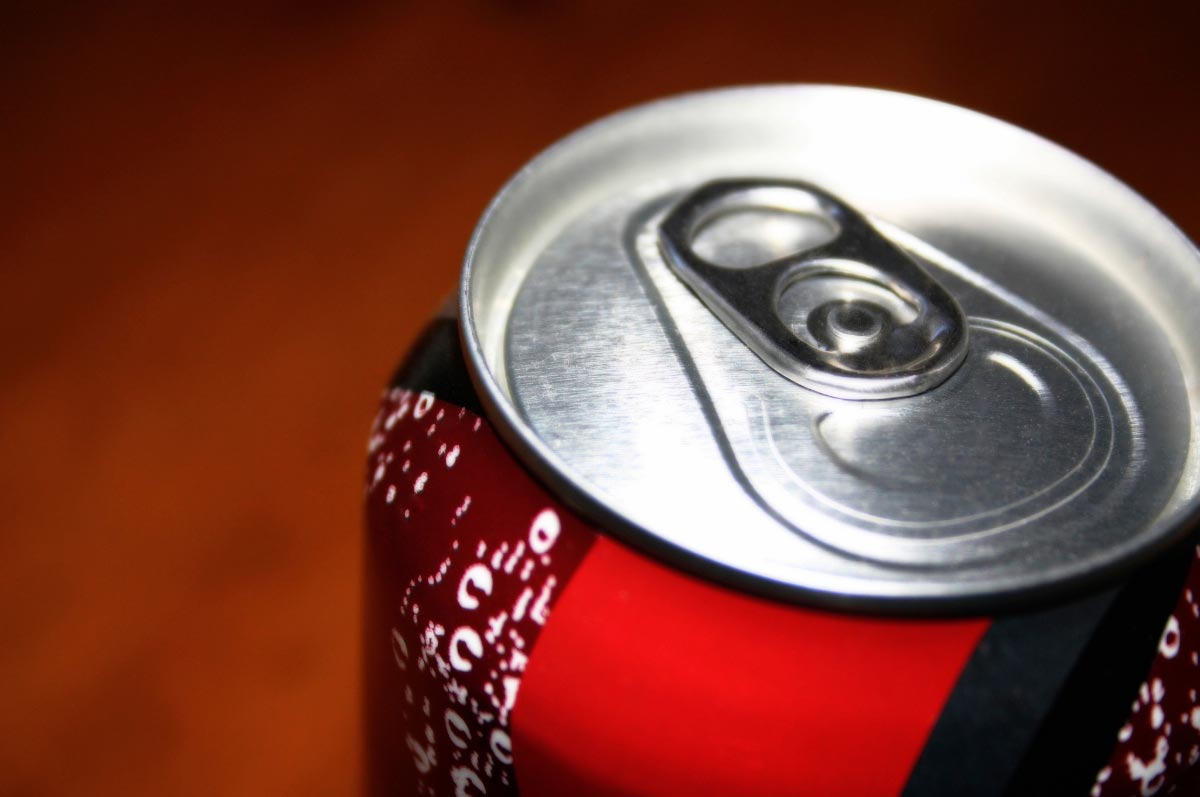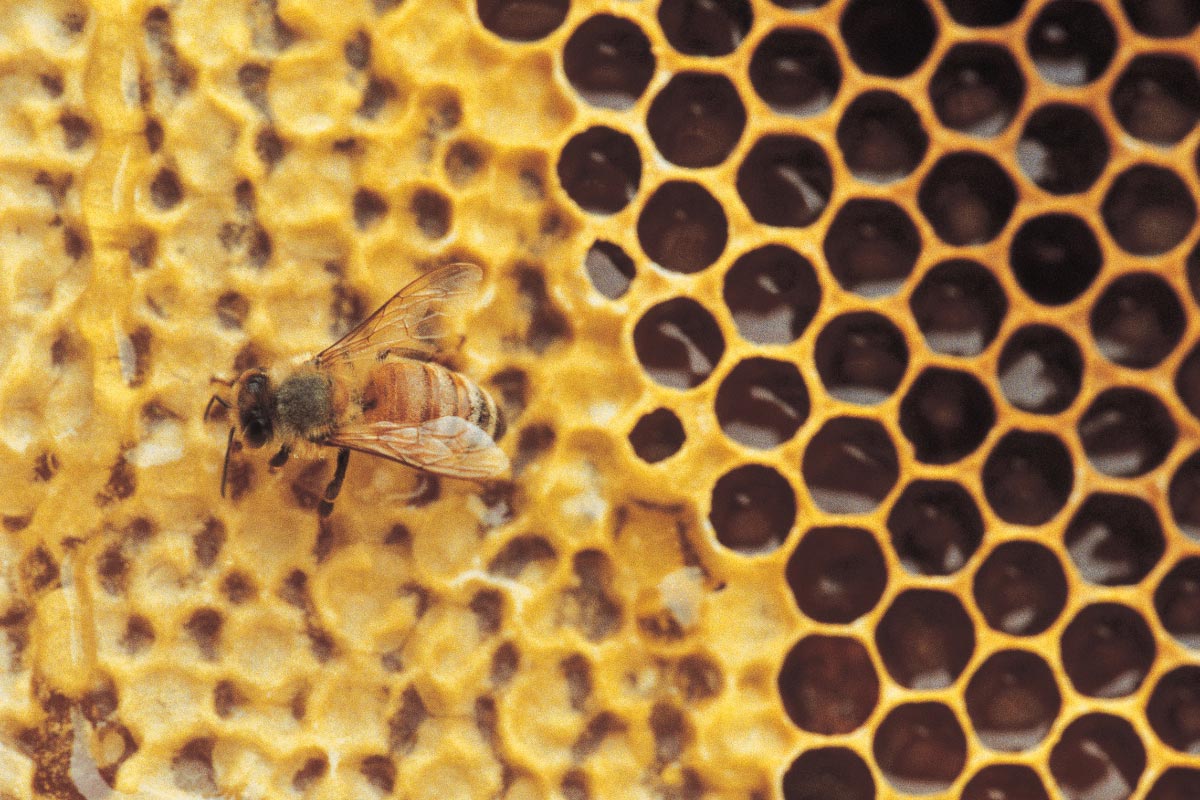Sugar and chronic inflammation: What to eat and what to avoid to prevent diabetes, heart disease and obesity
09/28/2020 / By Divina Ramirez

Sugar, in and of itself, is not dangerous. But consuming too much too often can trigger chronic inflammation that could lead to a host of health problems, such as heart disease, diabetes and obesity. If left untreated, these conditions can increase the risk of premature death.
But on the bright side, research suggests that consuming less sugar can help prevent inflammation and minimize the risk of diseases linked to high sugar intake. In the long run, eating nutrient-rich foods can also reduce the health risks linked to excessive sugar consumption.
Sugar, inflammation and chronic conditions
Sugar gets a bad rap – and for good reason. Numerous studies show that the human body is designed to handle just a small amount of sugar, even if it comes from natural sources like fruits, milk and molasses.
The health risks begin to pile up once people start consuming processed foods that contain added sugar, such as sodas, refined breakfast cereals, processed juices, pastries, candies and the like. Sugar is also present in other food products often thought to not have sugar, such as canned soups, bread, cured meats and condiments.
Therefore, it should come as no surprise that the average American today consumes an astounding 17 teaspoons of sugar daily. To put this into perspective, the American Heart Association recommends consuming no more than six to nine teaspoons of added sugar daily.
This is because added sugars do nothing good for the cells or important metabolic processes. Instead, added sugars promote inflammation, and numerous studies have demonstrated that.
According to a study by German researchers, human intervention studies link excessive sugar consumption to chronic inflammation. Tissue biopsies show a gradual increase in biomarkers of inflammation upon consumption of fructose, a sugar found in plants.
Studies have also found that consuming high amounts of fructose can trigger inflammation that leads to nonalcoholic steatohepatitis (NASH), an aggressive form of nonalcoholic fatty liver disease (NAFLD).
It is also important to note that obesity, which is closely associated with excessive sugar consumption and chronic inflammation, is a major risk factor for NAFLD and its eventual progression to NASH.
Moreover, NAFLD is linked to a threefold increased risk of diabetes. While sugar consumption is not a risk factor for diabetes, it can increase the risk of obesity, which is the leading risk factor for Type 2 diabetes.
Obesity is also linked to heart disease, the leading cause of death in the United States. In particular, obesity is thought to increase the risk of coronary heart disease and heart failure. Given this link, it should come as no surprise that excessive sugar consumption exacerbates the risk of heart disease and cardiac events. (Related: Sugar industry promotes obesity, diabetes and heart disease.)
Using food to fight inflammation
Besides sugar, there are other harmful but edible substances that can trigger or exacerbate inflammation. To get started on the path to optimal health, stop eating foods that contain the following ingredients:
- Saturated fats – These fats can cause cholesterol to build up in the arteries. Red meat, full-fat milk, milk products and processed meat are all high in saturated fat.
- Trans fats – Trans fats can also raise the amount of bad cholesterol in your blood, increasing your risk of heart disease. Trans fats can be found in fried foods, margarine, potato chips and popcorn.
- Omega-6 fatty acids – These fatty acids are not unhealthy, but eating too much could raise blood pressure and increase the risk of metabolic conditions. Lard, corn oil and vegetable oil all contain excessive amounts of omega-6 fats.
- Refined carbohydrates – Refined carbohydrates like white bread, pastries and white rice have been stripped of almost all the fiber, vitamins and minerals they contain. As such, they offer nothing good to your body except calories.
- MSG – MSG, a flavor enhancer often used in packaged soups and deli meats, can cause a host of adverse side effects, which include burning sensations in the mouth, headaches, fatigue and rashes.
On top of avoiding foods that contain added sugars and other harmful ingredients, eating a balanced diet that contains nutrient-rich foods can help protect against diseases caused by chronic inflammation. These are some of the best foods to eat to fight inflammation:
- Fruits and vegetables – These plant-based foods are rich in antioxidants that neutralize inflammation-causing substances and ingredients.
- Beans and legumes – These foods are chock-full of compounds that can fight inflammation, such as fiber, protein and numerous plant antioxidants.
- Green and black tea – These herbal teas contain a potent organic compound, called epigallocatechin-3-gallate (EGCG). It has been extensively studied for its anti-inflammatory properties.
- Turmeric – Curcumin, the main ingredient in turmeric, has also been found to be effective at fighting inflammation linked to chronic diseases.
- Fish – Omega-3 fatty acids from oily fish and fish oil can reduce inflammatory markers in the blood, such as C-reactive protein, interleukin-6 and TNF-alpha.
Sugar and chronic inflammation are closely related, and both have been linked to serious diseases, like heart disease, diabetes and obesity. Fortunately, controlling your sugar intake can help you avoid these health problems, and eating a well-balanced diet while avoiding sugary and highly processed foods can help you maintain overall wellness..
Read more articles about the health risks linked to excessive sugar consumption at Sweeteners.news.
Sources include:
Tagged Under: chronic inflammation, fight obesity, heart disease, liver damage, liver disease, metabolic health, nutrients, prevent diabetes, sugar, sweeteners, toxic ingredients
RECENT NEWS & ARTICLES
StopEatingPoison.com is a fact-based public education website published by Stop Eating Poison Features, LLC.
All content copyright © 2018 by Stop Eating Poison Features, LLC.
Contact Us with Tips or Corrections
All trademarks, registered trademarks and servicemarks mentioned on this site are the property of their respective owners.




















